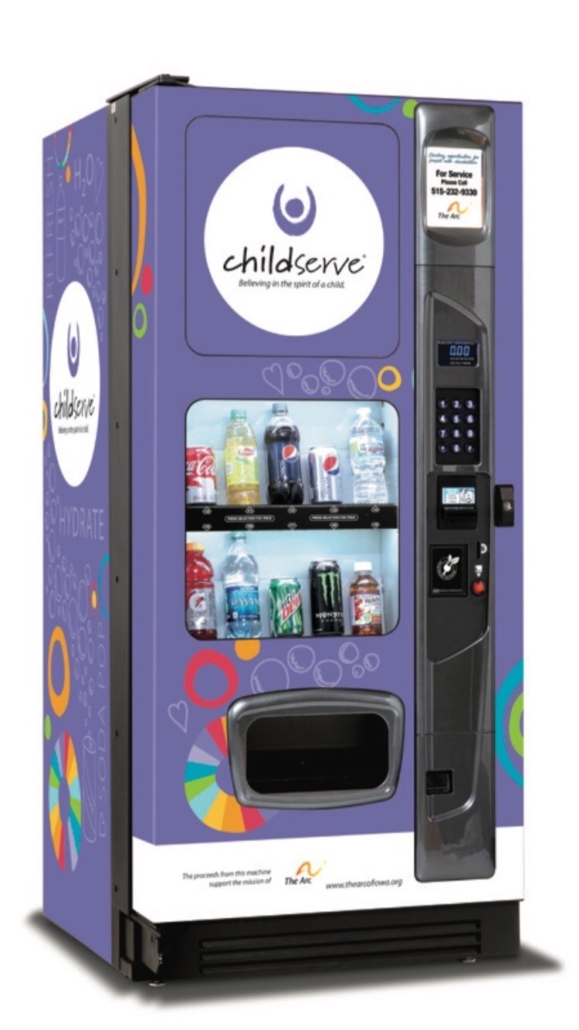COVID-19 Legislation First Step in Addressing Crisis for People With Disabilities, Families
Washington, D.C. – People with intellectual and developmental disabilities (IDD) are facing threats to their health and wellbeing due to the global COVID-19 pandemic, and the legislation passed by Congress and on its way to President Trump’s desk is a start in addressing their needs in this crisis.
The legislation includes:
- A 6.2% increase in federal reimbursement for state Medicaid programs (FMAP), which will help state governments in their efforts to combat the pandemic;
- Emergency requirements for all health insurers to cover testing;
- Expanded nutrition assistance and crucial waivers for the Supplemental Nutrition Assistance Program and school meals;
- Expanded unemployment insurance; and
- Limited paid sick day and paid leave provisions that do not explicitly include caregivers for people with disabilities.
“This crisis is going to have a major impact on people with intellectual and developmental disabilities, their families, and caregivers, and this legislation is a good first step in meeting their needs. As this crisis evolves, more will have to be done at the federal level for all Americans, particularly those with disabilities, their families, and caregivers,” said Peter Berns, CEO, The Arc.
The Arc is working hard with legislators to ensure that the next package more directly covers the unique needs of people with disabilities, their families and the direct support workforce:
- An additional FMAP increase that creates a grant program to support access to home and community-based services and to support the direct support professional (DSP) workforce with better pay during the crisis, and greater flexibilities in hiring and service provision.
- A permanent reauthorization of the Money Follows the Person program, or MFP, which gives funds to states to move people with disabilities out of segregated settings and into the community. There is a real threat to unnecessary institutionalization. The flexibilities and funds from permanent MFP will support states to continue transitions to the community and away from congregate settings.
- Economic stimulus with increased asset limits. For people with IDD receiving Supplemental Security Income (SSI) and/or Medicaid, strict asset limits must be maintained to receive the benefits. We strongly support stimulus for low income individuals, but because of the asset limits, people with IDD may end up with too much money in the bank, jeopardizing their SSI and/or Medicaid. Asset limits should be increased or paused to ensure that people with disabilities are able to benefit from the stimulus without jeopardizing their benefits.
“Without addressing these issues, the lives of people with disabilities and their families could be altered with no turning back. People could be placed into institutions and other congregate settings in violation of their rights and posing risk to their health. Families could be more pressed to choose between a paycheck and health and well-being. And our current DSP workforce crisis could get even worse, impacting day to day life for millions of people with disabilities. We have an opportunity in the coming days to address these big issues, and we are urging Congress to act swiftly,” said Berns.
The Arc advocates for and serves people with intellectual and developmental disabilities (IDD), including Down syndrome, autism, Fetal Alcohol Spectrum Disorders, cerebral palsy and other diagnoses. The Arc has a network of over 600 chapters across the country promoting and protecting the human rights of people with IDD and actively supporting their full inclusion and participation in the community throughout their lifetimes and without regard to diagnosis.
Editor’s Note: The Arc is not an acronym; always refer to us as The Arc, not The ARC and never ARC. The Arc should be considered as a title or a phrase.




















